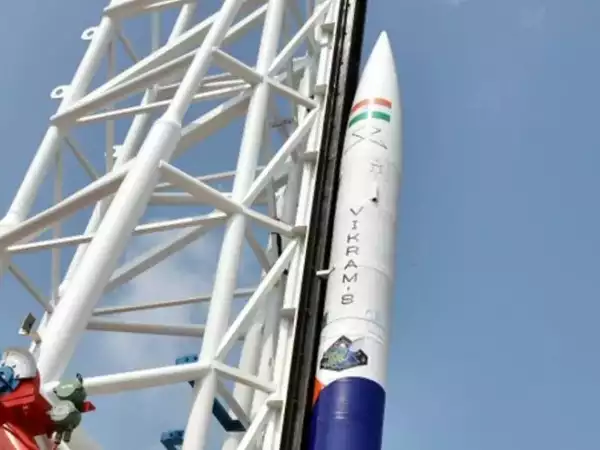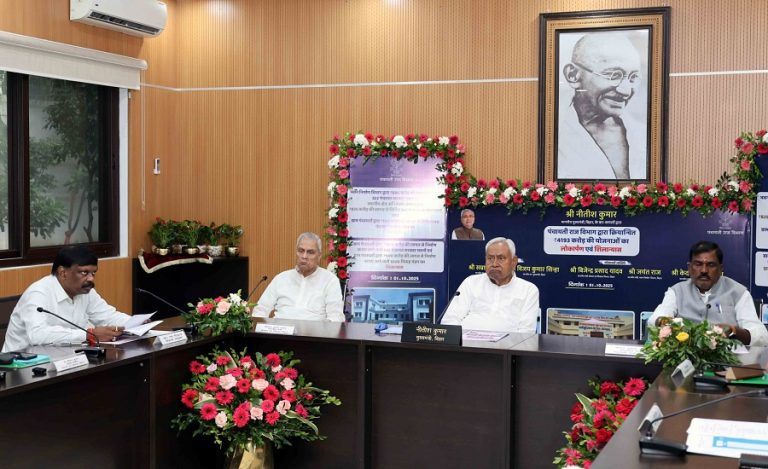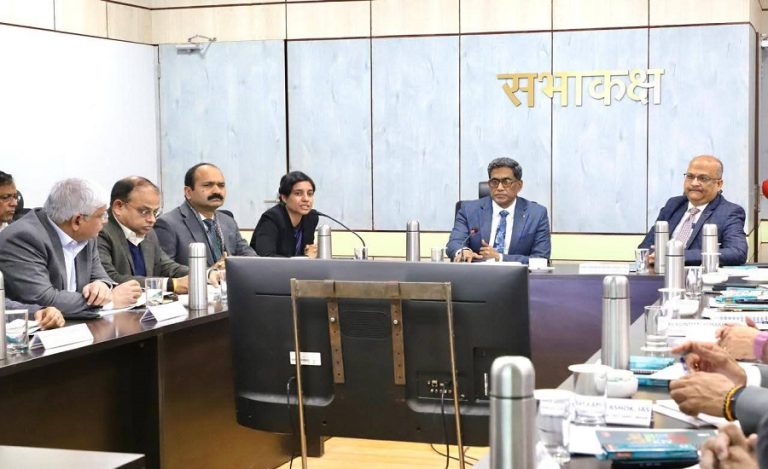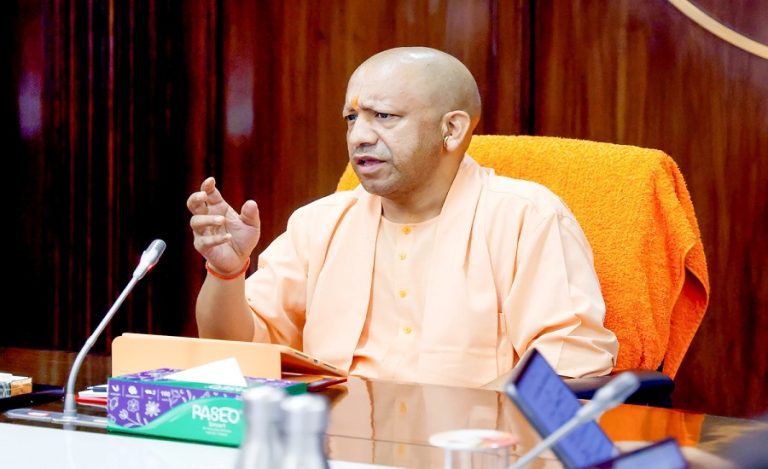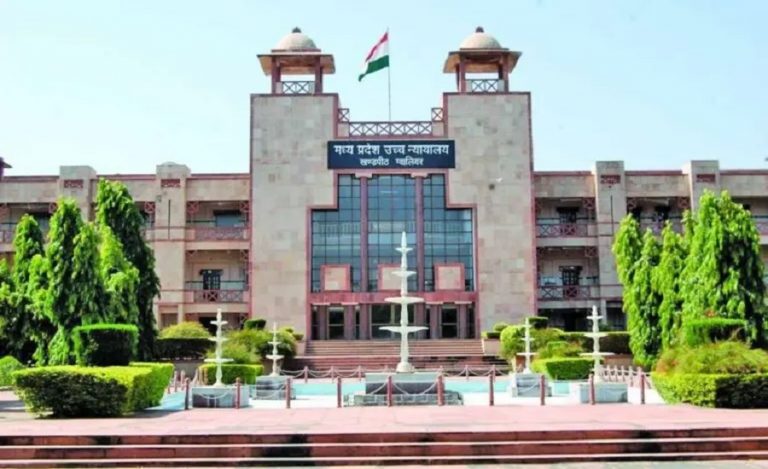New Delhi: In a significant move towards enhancing India’s aerospace capabilities, Defence Secretary Mr Rajesh Kumar Singh emphasized the importance of a structured policy framework that fosters collaboration between public and private sectors.
Aerospace self-reliance India: Strong domestic push needed
Speaking at the ‘Strategic Insight Conference on Indigenous Development of Critical Technologies for Air Power’ organized by the Centre for Aerospace Power and Strategic Studies (CAPSS) in New Delhi on October 17, 2025, Singh highlighted the need to strengthen India’s domestic industrial base to achieve self-reliance in defence.
Singh pointed out that diversifying the industrial base would not only end monopolies but also enhance the ease of doing business and promote innovation across the ecosystem.
He reiterated the government’s steadfast commitment to ‘Aatmanirbharta’ in defence, stressing the importance of developing advanced aerospace technologies, conducting field evaluation trials, and producing long-range air-to-air missile systems to bolster India’s air power capabilities.
Private companies role in Aerospace self-reliance India
Vice Chief of the Air Staff, Air Marshal Narmdeshwar Tiwari, in his special address, underscored the pivotal role of air power in determining strategic outcomes, as demonstrated during Operation Sindoor.
He emphasized that beyond designing and developing indigenous aircraft, India should prioritize achieving expertise in electronic warfare, advanced sensors, radars, and data links to enhance its air capabilities.
In her keynote address, Director General of AERO, DRDO, Dr. K. Rajalakshmi Menon, highlighted the disruptive potential of unmanned aerial vehicles (UAVs), multi-sensor fusion, and artificial intelligence in air operations. She discussed advancements in stealth technology, aerostats, and airships equipped with enhanced sensors, as well as the integration of quantum, photonic, and blockchain technologies into defence systems.
DG of CAPSS, Air Vice Marshal (Retd) Anil Golani, drew attention to the significance of ‘Aatmanirbharta’ amid the evolving security environment and growing technological competition in the neighborhood.
He emphasized the need to leverage artificial intelligence, advanced avionics, and next-generation propulsion systems, noting that the development of intelligent control propulsion, super-cruise capability, and fly-by-light systems will define the future of India’s aerospace dominance.
As part of the event, the Defence Secretary released the book ‘Asian Defence Review 2025: Geo-political Shifts and Strategic Partnership Multilateralism in the Indo-Pacific’. The conference also featured multiple technical sessions covering indigenous jet engine co-development, fighter aircraft programs, unmanned systems, and strengthening the aerospace production ecosystem.
Read also: DRDO Unveils Curtain Raiser for ESTIC-2025 in Hyderabad, Pushing India Semiconductor Mission
The conference witnessed the participation of senior officials from the Ministry of Defence, the Indian Air Force, DRDO, and industry leaders, all coming together to discuss India’s journey towards technological self-reliance in the aerospace and defence sectors.

